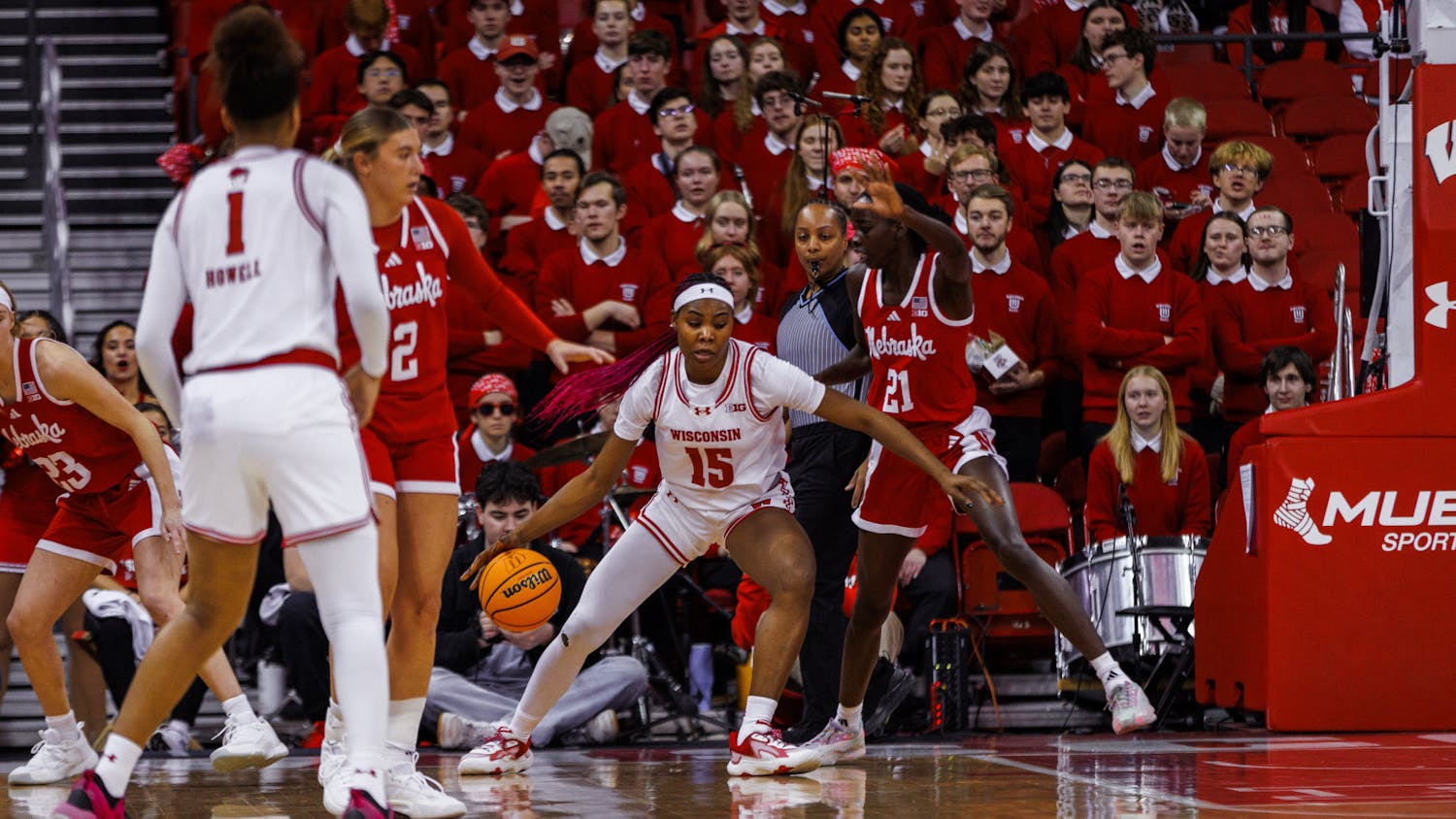Sports betting has always had a prominent place in the gambling industry, yet with recent law changes and the rise of artificial intelligence, it has taken on a whole new form. The traditional odds making strategies used in Las Vegas for decades have been replaced by algorithms, online apps and data driven automation to refine predictions into precisions.
This exponential rise in online sports betting can be traced back to 2018, when the U.S. Supreme Court struck down the Professional and Amateur Sports Act, a law enacted in 1992 that banned state authorized sports betting nationwide (excluding Delaware, Montana, Nevada and Oregon). The law left many in the U.S. without an avenue to bet on their favorite sports for nearly 35 years, so the law’s overturning paved the way for states to legalize and regulate sports betting on their own terms.
Since 2018, 39 states and the District of Columbia have legalized some form of sports betting, and 31 of those have legalized both traditional and online sports betting. Paired with the introduction of online sportsbooks such as DraftKings and FanDuel, the online sports betting industry has grown rapidly. According to the American Gambling Association (AGA), the U.S. sports betting revenue reached a staggering $13.71 billion last year. Compared to 2023, there was a nearly 24 percent rise in sports betting popularity, with FanDuel having 4.5 million active users and DraftKings having 4.8 million active users.
As online sportsbooks have grown in popularity throughout the country, so has the implementation of AI. AI has become increasingly prevalent in the operation of online sportsbooks, with odds calculations and recommended wagers calculated by algorithms. These algorithms are able to quickly gather specific player stats and historical data to accurately predict money lines, benefiting both sportsbooks and bettors in providing an analytical look at sports.
AI is also being utilized for detection of fraudulent activity and match-fixing, along with odds setting and parlay predictions. SportRadar’s Fraud Detection System uses AI to monitor sports betting markets for possible irregularities, flagging suspicious betting patterns or potential match-fixing. This helps to maintain a stable environment for the sports betting industry and provide transparency to sports bettors.
The AI and algorithms used are continually evolving, with many AI startup companies developing products intended to help bettors make the correct calls. Take for example MonsterBet, an AI startup company that charges $77 a month for their AI sports betting bot. It is able to use complex algorithms to gather publicly available data from a multitude of different sports, allowing for precise accuracy.
Despite the technological advancements made by AI in the sports gaming industry, there is a distinct lack of regulation regarding AI and its use within sports betting. A study co-authored by researchers from the University of Florida and the University of Nevada, Las Vegas showed that the possibility of unregulated AI systems misuse is growing, and only a few regulations are currently in place to contest unethical AI use. Although there are laws in place to fight back against unethical AI practices, such as the blueprint of an AI Bill of Rights, none are industry specific to gambling. And with a rapidly increasing user base, experts wonder if this lack of regulation will lead to AI systems and companies to take advantage of bettors for a bigger profit.
The study also found that AI-enabled micro-betting, while more engaging than traditional sports betting, is optimized for profit. It is designed with the capability to identify bettors susceptible to a gambling addiction, and further push them into self-depleting behaviors. With quick impulsive behaviors such as suggested parlays and quick decisions, it could lead to bettors very quickly losing track of their money and falling further into debt. This oversight poses serious financial and mental health risks if left untouched by federal gaming regulations.
Nasim Binesh, an assistant professor at the University of Florida and one of the co-authors of the study said “The potential for AI to exacerbate gambling harms and exploit vulnerable individuals is a stark reality that demands immediate and informed action.”
The culmination of sports betting and AI is particularly relevant in Wisconsin, with a bill recently introduced to legalize online sports betting statewide. This would allow for sports betting to take place anywhere in Wisconsin, not just in-person wagers placed in tribally-owned casino locations. The bipartisan effort, led by State Representatives Tyler August, R-Walworth, and Kalan Haywood, D-Milwaukee, along with State Senators Howard Marklein, R-Spring Green, and Kristin Dassler-Alfheim, D-Appleton, could open the gate for thousands of new users.
Sports betting is relatively new to Wisconsin, with Gov. Tony Evers amending a deal in 2021 with the Oneida Nation for legal sports betting to occur. Eight other tribes have followed suit since, with nine out of the eleven federally recognized tribes in the state of Wisconsin offering sports betting on their properties. Tribal-owned casinos are currently the only outlets in Wisconsin where legal wagers on sports can be done, and all wagers must be done in person at tribal-owned casino locations.
Although advocates argue that millions of dollars in revenue will be brought in by the legalization of online sports betting in Wisconsin, the lack of federal regulation around AI-driven betting platforms pose serious risk for addiction and financial stability.
The integration of AI within online betting has increasingly blurred the line between technological innovation and exploitation of customers as both industries continue to evolve. Despite the promise to level the playing field for bettors by giving more accurate data and odds, the reality is that sportsbooks use very sophisticated algorithms not apparent to the average user. The system is designed to continuously adjust odds to minimize risk, which ensures that the house always is one step ahead. Rob McDole, a researcher at Cedarville University says that despite bettors seemingly having a new advantage with AI, sportsbooks are likely employing similar technologies to maintain that “zero-sum” advantage.
At the same time, the use of AI to strengthen responsible gambling measures provides major upside. Innovations using AI such as predictive analytics detect compulsive behavior within bettors at a higher level than what was previously possible without AI. These new systems help further promote bettor safety within the gaming industry in an age where cases of gambling addiction have grown at alarming rates.
As the sports betting industry continues to evolve, the relationship between AI and its use within sportsbooks, along with federal regulation, will continue to shape the gaming landscape as a whole. The use of automation, analytics and easier access to sportsbooks, has brought forth a sports betting boom that reflects a broader cultural shift in an age defined by digital convenience and instant gratification. And for better or for worse, AI will be a crucial part of how sportsbooks operate from here on out.






